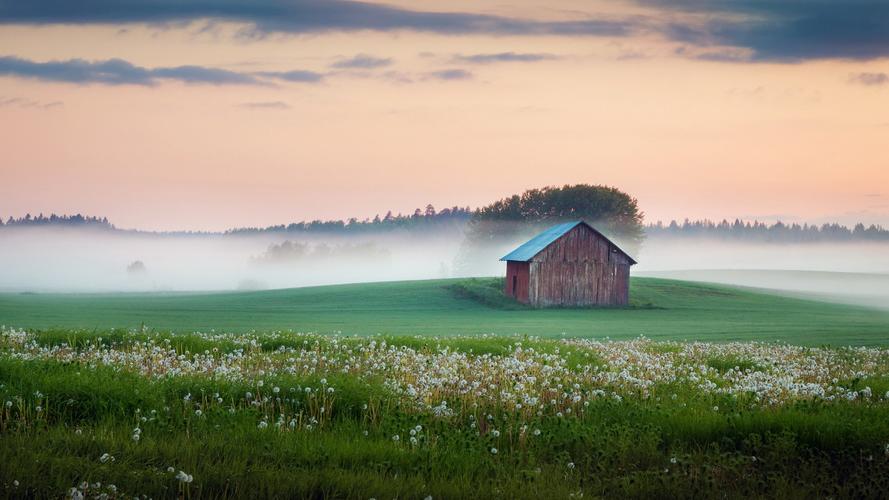Breaking Down Stereotypes: Understanding Cultural Norms in South Africa
Cultural norms are the beliefs, values, behaviors, and customs that define a particular society. In South Africa, cultural norms vary widely depending on the region, ethnicity, religion, and historical background of the people. Unfortunately, these cultural norms are often stereotyped or misunderstood by outsiders, leading to prejudice, discrimination, and conflict. In this article, we aim to break down these stereotypes and foster greater understanding of the cultural norms in South Africa.
Family Structures
One of the most common stereotypes about South Africa is that it has a homogenous African culture with traditional nuclear families. However, the reality is much more diverse and complex. South Africa is a multicultural society with a long history of colonialism, apartheid, and migration. As a result, family structures vary widely, from extended families in rural areas to single-parent households in urban areas. Moreover, same-sex marriages have been legal since 2006, making South Africa one of the few African countries to recognize LGBT rights.
Gender Roles
Another stereotype about South Africa is that it is a patriarchal society where men dominate women in all aspects of life. While this may be true in some rural areas, the reality is much more nuanced and diverse. South Africa has a constitution that guarantees gender equality, and women play important roles in politics, business, and civil society. However, gender-based violence, discrimination, and stereotypes are still prevalent in some parts of the country, and more needs to be done to address these issues.
Religious Diversity
South Africa is a country with a rich religious heritage, including Christianity, Islam, Hinduism, Buddhism, Judaism, and African Traditional Religion. While Christianity is the dominant religion, with over 70% of the population identifying as Christian, the country is also home to many other faiths. Moreover, many South Africans practice a syncretic form of religion that combines elements from different traditions. This religious diversity is reflected in the country’s festivals, holidays, and traditions, which are celebrated by people of different faiths.
Language Diversity
South Africa is also a country with a rich linguistic heritage, with 11 official languages recognized in the constitution. These languages include English, Afrikaans, isiZulu, isiXhosa, isiNdebele, Sepedi, Sesotho, Setswana, siSwati, Tshivenda, and Xitsonga. Each language is associated with a particular culture, history, and identity, making language diversity an important aspect of South African society. Moreover, multilingualism is a common practice in many parts of the country, with people using two or more languages in their daily lives.
Conclusion
Breaking down stereotypes and understanding cultural norms in South Africa is an ongoing process that requires open-mindedness, empathy, and respect. By acknowledging the diversity and complexity of South African society, we can celebrate its richness and contribute to a more peaceful and united country. Family structures, gender roles, religious diversity, and language diversity are just some of the many aspects of South African culture that deserve our attention and appreciation. Only by breaking down stereotypes and promoting understanding can we build a better future for all South Africans.
(Note: Do you have knowledge or insights to share? Unlock new opportunities and expand your reach by joining our authors team. Click Registration to join us and share your expertise with our readers.)
